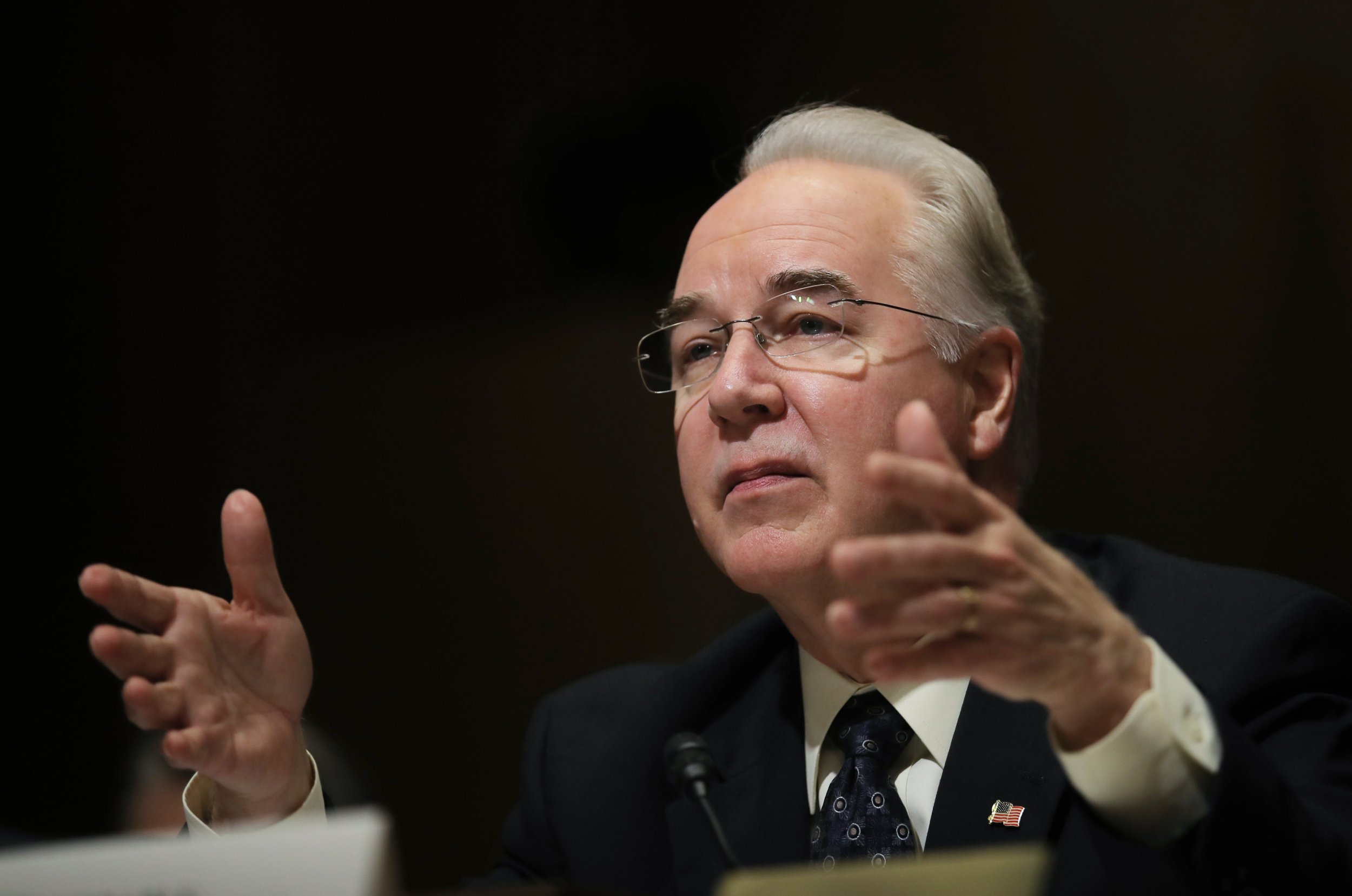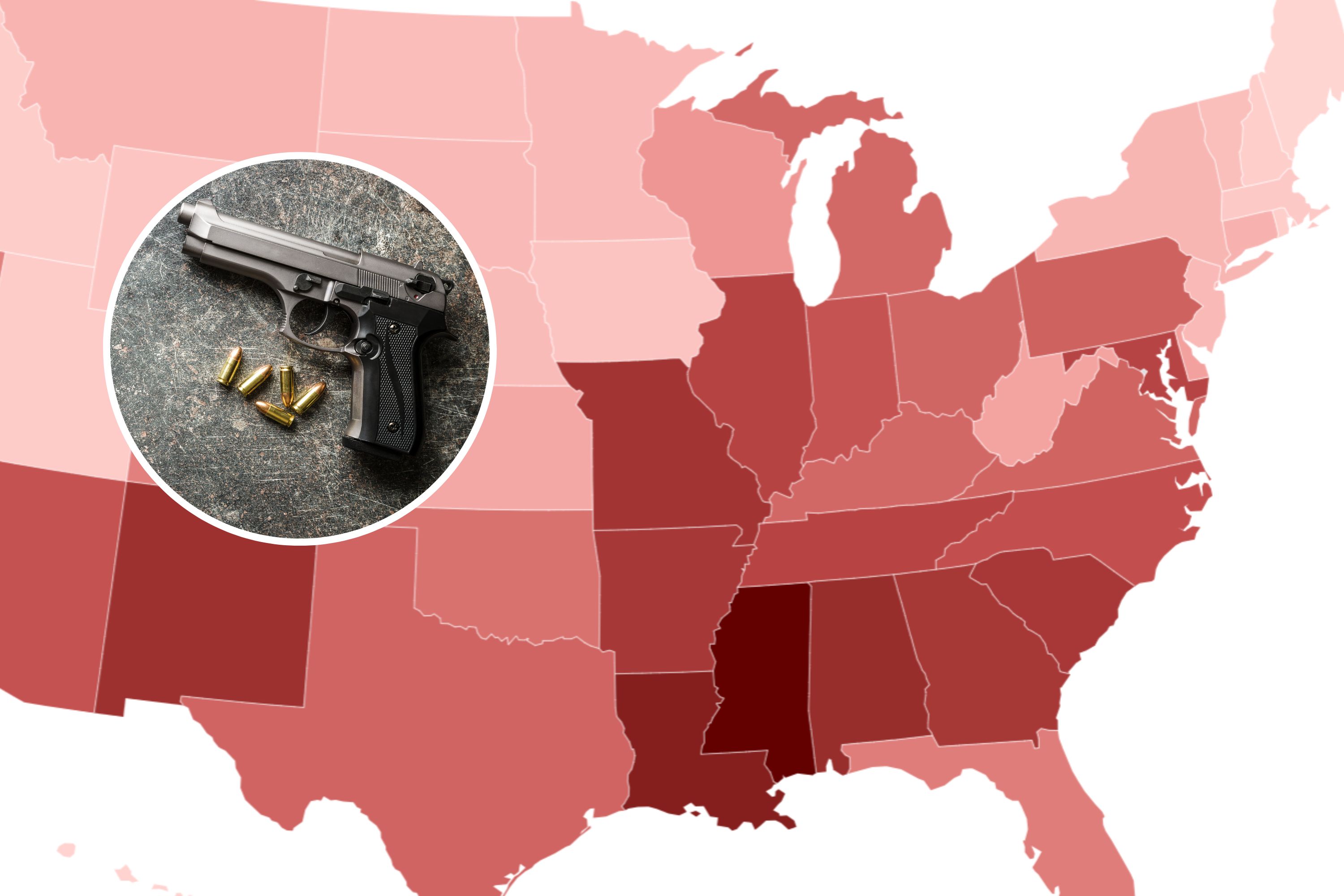
People living in red states where there was Medicaid expansion due to the passage of the Affordable Care Act are more likely to have positive attitudes about the health care law, according to a paper published January 25 in the New England Journal of Medicine.
For the study, the researchers looked at residents in Arkansas, Kentucky, Texas and Louisiana. Arkansas and Kentucky have vastly expanded Medicaid coverage through the ACA, while Texas has not. Louisiana took part in Medicaid expansion, but not until June 2016.
Through phone surveys, participants were asked if Obamacare had a positive or negative impact on their lives. In the three states where Medicaid expanded, twice as many people said the law has been helpful. In Texas, where there was no Medicaid expansion, the people surveyed were much more likely to say the law is hurtful.
"The results are useful evidence that even in the most conservative region in the country, many people report substantial benefits from the law and are willing to directly credit the ACA for those changes," the researchers write. "Now, the question is not whether many Americans—even those in thoroughly red states—have benefited from the ACA, but whether that will be enough to save it."
Approximately 20 million people in the U.S. have obtained health care coverage under the ACA. Of that number, 12 million now have health insurance through the ACA's Medicaid explansion, according to a report released in December by the White House Council of Economics Advisors.
While 19 states have declined to implement Medicaid expansion under the ACA, it is a facet of the law that has received far more bipartisan support than features such as the personal mandate, which imposes a tax penalty on uninsured individuals who do not purchase a plan. Thirteen states that voted for President Donald Trump in the November election had Medicaid expanded under the ACA.
Medicaid is responsible for a significant part of health care coverage in the U.S. In 2015, roughly 20 percent of Americans were covered through the program, according to the Henry J. Kaiser Family Foundation. In total, there are some 75 million adults and children in the U.S. who are currently insured through Medicaid and its related Children's Health Insurance Program (CHIP).
Trump had vowed throughout his campaign to repeal and replace Obamacare, which means Medicaid beneficiaries would likely suffer. On Friday evening, just hours after his inauguration, the president signed his first executive order, instructing the heads of federal agencies "to exercise all authority" to "minimize the economic burdens" of the ACA. The action essentially grants the heads of the Department of Health and Human Services, the Centers for Medicare and Medicaid, the Department of the Treasury and the IRS the authority to roll back certain pieces of the ACA as the current law allows. Some experts say the move was symbolic, while others claim the executive order will give federal agencies enough power to weaken the law to the point where a repeal will be inevitable and highly necessary.
Regardless, Medicaid will surely take a beating under the new administration. Republicans in Congress, and the new president himself, have already suggested making Medicaid a block grant program. This would mean funding would be sent to each state as a standard fixed sum, and state governments would then determine program eligibility. On Tuesday, during a hearing before the Senate Finance Committee, Representative Tom Price, Trump's HHS secretary nominee, suggested that this potential change would likely mean that Medicaid would no longer be available to every low-income individual. The idea of making Medicaid a block grant program has also been a key piece in health care bills recently introduced in Congress by Price and House Speaker Paul Ryan.
Uncommon Knowledge
Newsweek is committed to challenging conventional wisdom and finding connections in the search for common ground.
Newsweek is committed to challenging conventional wisdom and finding connections in the search for common ground.
About the writer
Jessica Firger is a staff writer at Newsweek, where she covers all things health. She previously worked as a health editor ... Read more





